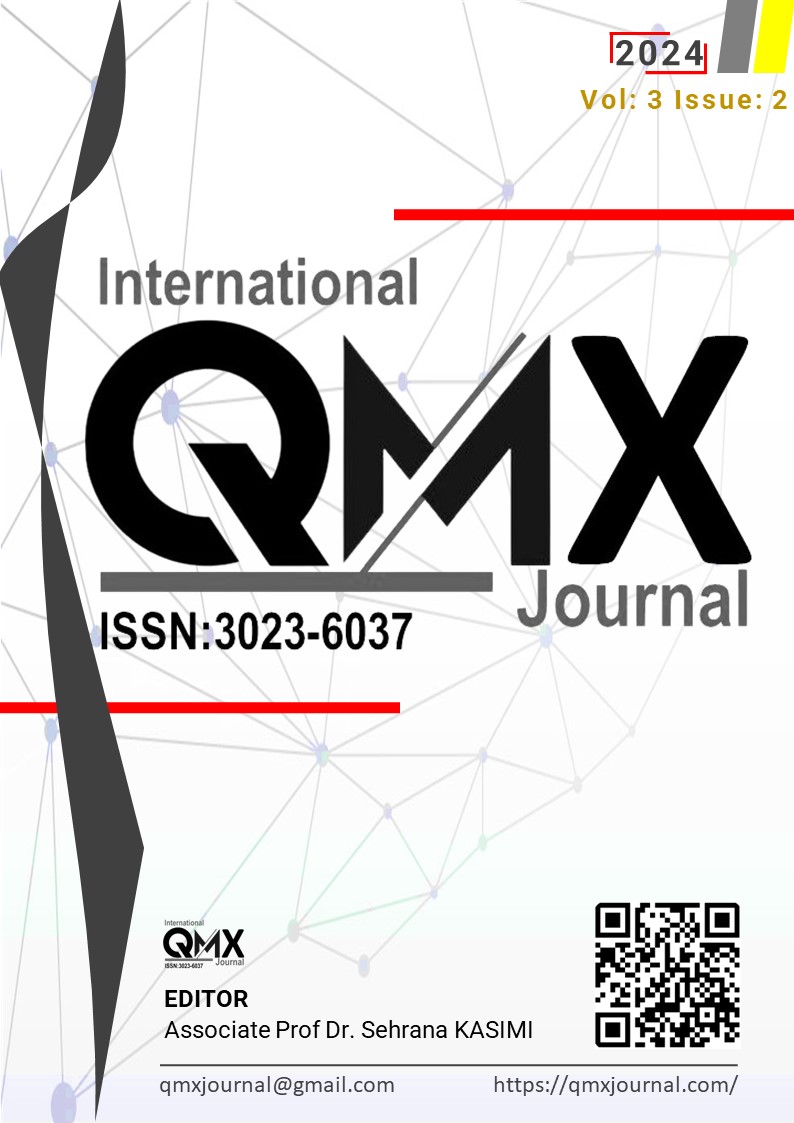Author :
Abstract
Bu çalışma, pandemi döneminde eğitim yönetimi ve kriz yönetimi arasındaki ilişkiyi anlamaya yönelik bir derleme sunmaktadır. İlk olarak, pandeminin eğitim sistemine etkileri ve çalışmanın amacı belirtilmiştir. Ardından, eğitim yönetiminin temel ilkeleri, kriz yönetiminin eğitimdeki rolü ve kriz dönemlerindeki zorluklar incelenmiştir. Pandemi sonrası eğitim yönetimini değerlendirmek adına, eğitim kurumlarının hızlı adaptasyonu, uzaktan eğitim uygulamaları ve eğitim yöneticilerinin rolü üzerinde durulmuştur. Öğrenci ve öğretmen deneyimleriyle ilgili bölüm, uzaktan eğitime adaptasyon, öğretmenlerin karşılaştığı zorluklar ve öğrenci-öğretmen işbirliği konularını içermiştir. Teknolojinin eğitimdeki rolüne odaklanan kısımda, teknolojik altyapının önemi, uzaktan eğitim araçları ve eğitimdeki teknolojik inovasyonlar ele alınmıştır. Kriz yönetimi stratejileri bölümünde, hızlı tepki ve planlama, iletişim stratejileri ve eğitim yöneticilerinin karar alma süreçleri vurgulanmıştır. Öğrenci ve öğretmenlerin mental sağlık zorluklarıyla sosyal destek ağlarının rolü üzerinde durulan kısımda, pandeminin ruhsal sağlık üzerindeki etkileri ve sosyal destek mekanizmalarının önemi ele alınmıştır. Çalışmanın sonraki bölümleri, pandemi sonrası eğitim yönetimi için çıkarılan dersler ve sistemi güçlendirmeye yönelik önerilere odaklanmıştır
Keywords
Abstract
This study provides a review to understand the relationship between education management and crisis management during the pandemic. First, the effects of the pandemic on the education system and the purpose of the study are presented. Then, the basic principles of educational management, the role of crisis management in education and the challenges in times of crisis are analyzed. In order to evaluate post-pandemic educational management, the rapid adaptation of educational institutions, distance education practices and the role of educational administrators are emphasized. The section on student and teacher experiences covered adaptation to distance education, challenges faced by teachers, and student-teacher collaboration. The section on the role of technology in education focused on the importance of technological infrastructure, distance education tools and technological innovations in education. The section on crisis management strategies emphasized rapid response and planning, communication strategies and decision-making processes of educational administrators. In the section on the role of social support networks in addressing the mental health challenges of students and teachers, the effects of the pandemic on mental health and the importance of social support mechanisms are discussed. The next sections of the study focus on lessons learned and recommendations to strengthen the system for post-pandemic education management





